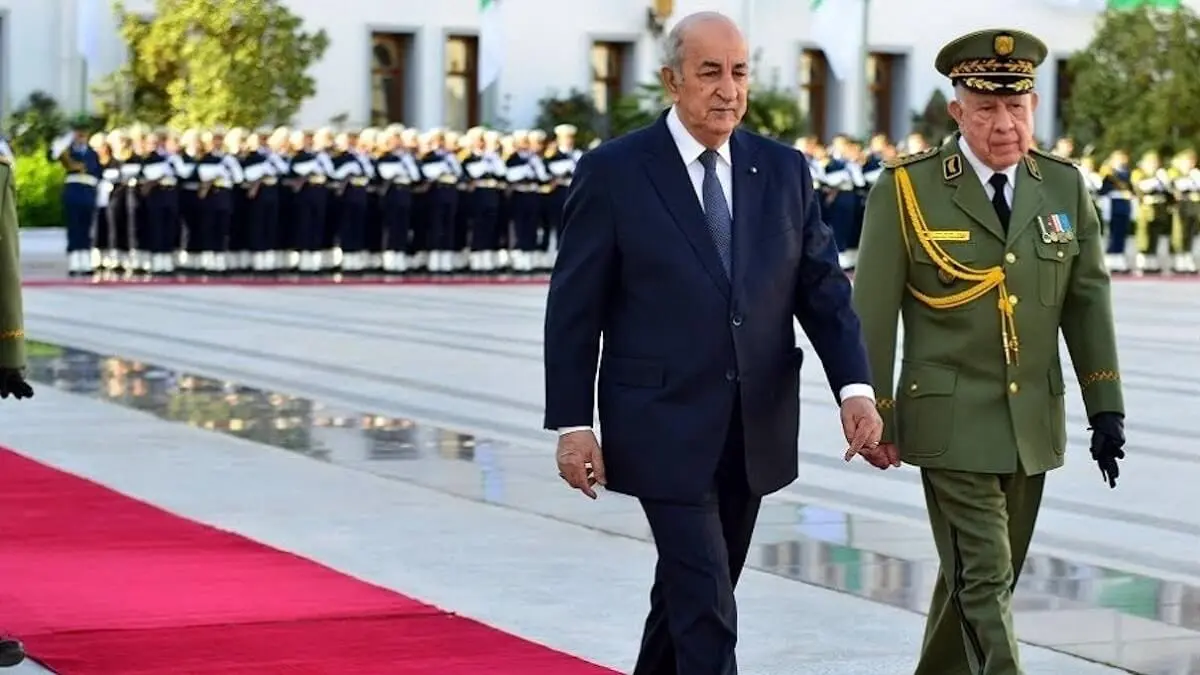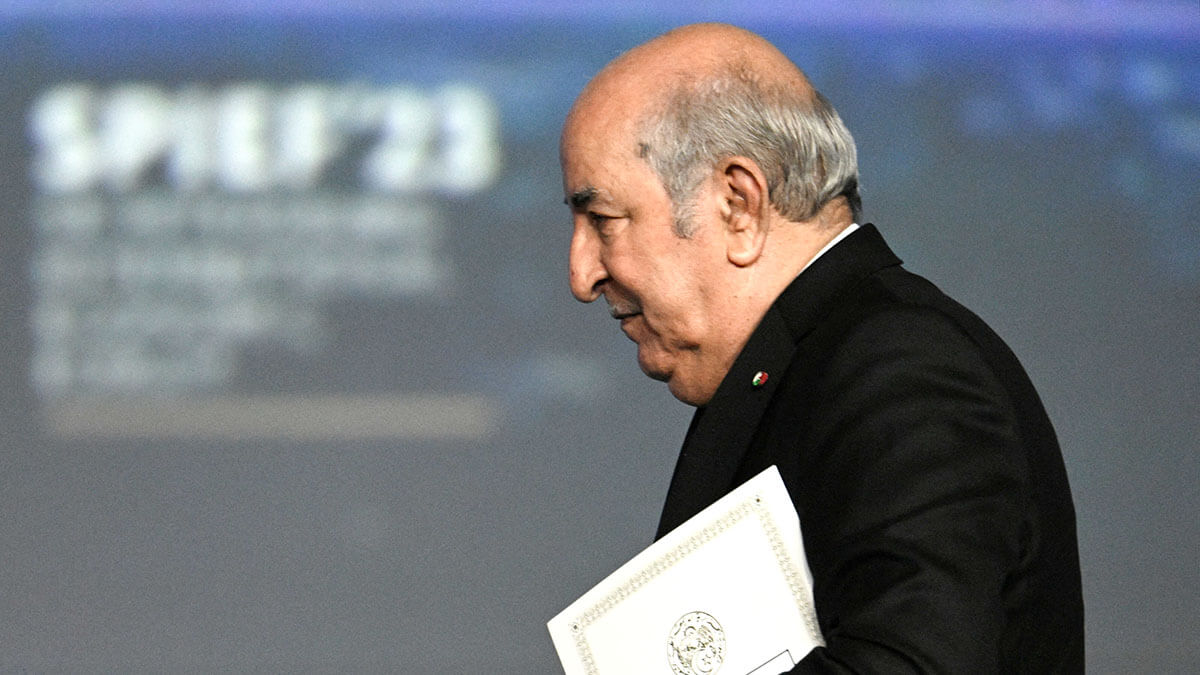The army's influence in Algerian state institutions is consolidated

Algerian President Abdelmadjid Tebboune has appointed General Saeed Chengriha as Minister Delegate to the Minister of Defence in the midst of a government reshuffle that consolidates the close relationship between the institutions of the presidency and the army.
With this appointment, Chengriha acquires a new role within the official civilian bodies. He will be present in the councils of government and ministers, intervening directly in the country's politics. Prior to this appointment, General Chengriha was already described as ‘the president's shadow’ due to his constant presence at various political events and activities in which Tebboune participated.
The close relationship between Chengriha and the president of the Republic was criticised by the opposition as a violation of constitutional powers. The Algerian army is perceived as the de facto ruler of the country, while civilian institutions are merely a façade.
Those who followed the outcome of the government amendment did not rule out the possibility that the army chief of staff had lobbied, in his own way, to strengthen the pillars of the institution in various parts of the country, including the government, in order to protect the gains made in recent years, given its growing role in various entities, both military and civilian, such as embassies.
The lack of tacit consensus between the two sides on a number of issues, especially those of a strategic and diplomatic nature, suggests that President Tebboune's move seeks to bring Chengriha closer to his circle of influence, linking him closely to his authority, with the aim of ensuring a strong connection and preventing him from acting outside the will of the head of state.

This scenario may be part of Tebboune's agenda to reinforce his power at the helm of the country after the last presidential elections.
The relationship between the two positions has remained ambiguous over several decades of Algeria's presidency. The late Defence Minister, General Khaled Nizar, had already pressured the president who appointed him, Chadli Bendjedid, along with the so-called army hawks, to resign and dissolve the National People's Assembly - parliament - in the early 1990s. The aim was to create a constitutional vacuum that would allow the army to step in and halt the electoral advance of the Islamist Salvation Front.

Indeed, some argue that the push that led the late President Bouteflika to leave power was a covert coup orchestrated by the late General Gaid Salah, who was promoted by the president to chief of staff and then deputy Defence Minister, due to the mutual trust that existed between the two.
The situation is now repeating itself with the promotion of General Chengriha by President Tebboune, who has appointed him minister delegate to the Minister of Defence. This raises the hypothesis that the scenario could repeat itself, considering the fragile balances and renewed tensions between power circles.










